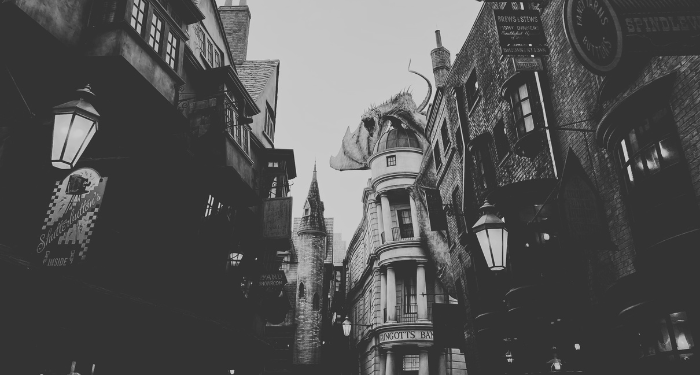
Kent State: Four Dead in Ohio by Derf Backderf was published in 2020. Drawing on archival research and interviews with survivors, Backderf relays how, in early May 1970, tensions rose between law enforcement and the students at Kent State University — not just protestors, but all students: the authorities did not bother to distinguish between the few setting buildings on fire and the many just living their lives. Things came to a head on May 4th when, for reasons that remain fuzzy (Backderf blames incompetent leadership, aggravated and overworked guardsmen, and an unknown amount of interference from government saboteurs and spies), the National Guard opened fire, injuring nine and killing four. Two of the fatalities were peaceful protestors; two were bystanders. None deserved what happened to them.
Rereading this book now, the parallels are both chilling and impossible to ignore. I was especially struck by how law enforcement falsely equated all anti-Vietnam protestors with communists and terrorists, much like how modern propagandists ignore the pro-Palestinian movement’s many Jewish supporters to equate the entire movement with antisemitism. The people spreading such lies used and continue to use them as justification for the extreme acts of retribution they wanted to implement anyway, from revoking visas to inflicting physical violence.
The Stack
Sign up to The Stack to receive Book Riot Comic’s best posts, picked for you.
It’s probably inaccurate to say that the U.S. government has forgotten the lessons of Kent State. It seems more likely it never learned them at all: not only was no one held accountable for the massacre, less than two weeks later, 14 people were shot, two fatally, at Jackson State in Mississippi. No one was held accountable for these killings, either.
The old saying about how “history may not repeat itself, but it does rhyme” may sound trite, but contemporary events are proof enough that it is true. As the 55th anniversary of both incidents approaches and the U.S. seems ever more determined to recreate the circumstances that caused them, graphic novels like Kent State—as well as titles like March and We Hereby Refuse—are an important reminder that power never takes kindly to a challenge, peaceful or otherwise. And when authority figures cannot or actively choose not to distinguish between genuine security threats and protected speech, we are all in danger of losing our rights, regardless of what side of any given issue we fall on.
It’s easy to feel helpless and overwhelmed in the face of such horrors. That’s what this administration wants: for you to be too afraid to fight them. I encourage you, if you can, to fight anyway. Tell your congresspeople how angry you are; demand that they push for answers and accountability. Keep track of who is being disappeared and where from. Know your rights if ICE approaches you. If there are anti-ICE demonstrations in your area, show up.
Most of all, stay hopeful. I get it, it’s hard. It might help to remember that the great majority of campus protestors, from Kent to Columbia, no matter how angry or sad they were, took action because they had hope they could bring about a kinder world. Why would they have bothered to risk so much otherwise? And why should I give up if they didn’t?
Source link

